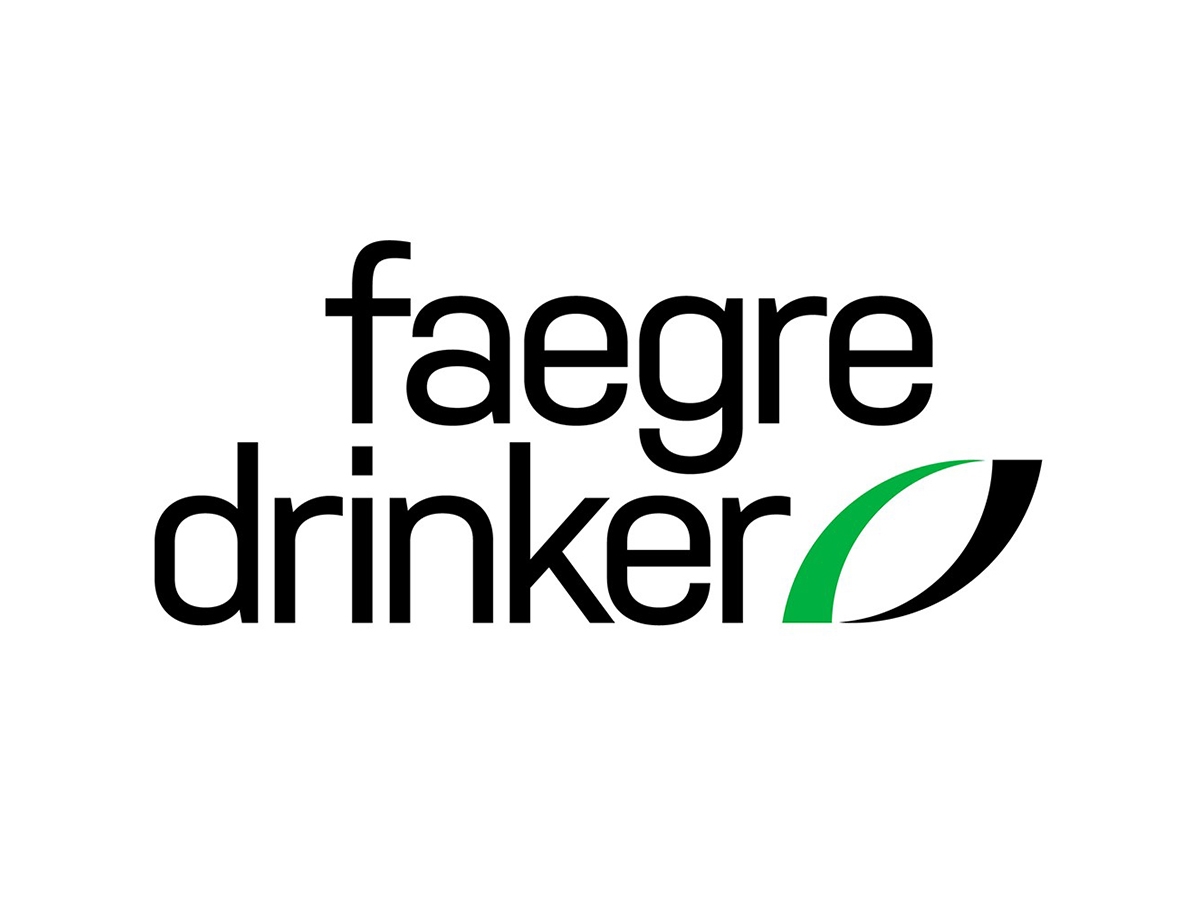Full Costs, New Regulations, True Vacancy, And Expensive Limbo
GAO to IRS: Include all costs when evaluating the Direct File system. The IRS estimated that its new Direct File system could cost $64 million to $249 million a year, depending on the number of taxpayers using it, and estimated that participating taxpayers could save $21 million in tax preparation costs. The Government Accountability Office, in its Inflation Reduction Act-required evaluation of IRS estimates, recommends that the IRS follow best practices to estimate and document the total costs of the Direct File program. The IRS had not, for example, included start-up costs like the technology required for the new question-and-answer online system. The IRS agrees with the GAO’s recommendations.
Treasury and IRS announce new regulations on Corporate Stock Repurchase Excise Tax. The Inflation Reduction Act imposed a new excise tax on stock repurchases completed after Dec. 31, 2022, equal to one percent of the aggregate fair market value of stock repurchased by certain corporations during the taxable year. The proposed regulations affect publicly traded domestic corporations and certain publicly traded foreign corporations and apply to repurchases that exceed $1 million in a taxable year. The regulations implement a rule that reduces the aggregate fair market value of stock repurchased by a taxpayer during a taxable year by the aggregate fair market value of stock issued by the taxpayer during the taxable year.
Tennessee lawmakers spar over billion-dollar-plus franchise tax refund plan. Tennessee’s House and Senate each passed different versions of a measure backed by Republican Gov. Bill Lee that would refund the state’s franchise tax to certain businesses. The House passed a version that would allow businesses to seek a one-year refund of the franchise tax, and the state would be required to list the businesses benefitting from the refund. The Senate passed a version that would allow a three-year look-back for a franchise tax refund and would not require the state to publicize the companies that receive the refund. Lawmakers will need to work out differences in conference to avoid a lawsuit over the tax that claims the tax violates the US Constitution’s Commerce Clause.
A property owner owes $1.8 million in back taxes for claiming his vacant property was occupied. The DC Superior Court ruled last week that George Papageorge, owner of a building in the Northeast district of Washington DC, must pay $1.8 million in back taxes, interest, and penalties. Papageorge falsely claimed that the building was occupied for over 10 years. The District of Columbia levies a much higher tax on vacant or blighted properties to motivate owners to keep properties in use.
US TikTok workers owe millions of dollars in taxes on TikTok shares they can’t sell. As the Chinese-owned video-sharing app tries to avoid being banned in the United States, parent company ByteDance has a stock rewards program that generally blocks employees from cashing in their shares. The company waived a “liquidity event” trigger for stock options last year, so workers wouldn’t have to wait for the company to go public before cashing in their shares. ByteDance is unlikely to secure financing from investors to buy employee shares or carry out an initial public offering, while its future in the US is uncertain. In the meantime, US employees face exposure to large potential federal income tax bills on shares of TikTok stock that remain in limbo and can’t be sold. One former manager owes $100,000 in taxes.
For the latest tax news, subscribe to the Tax Policy Center’s Daily Deduction. Sign up here to have it delivered to your inbox weekdays at 8:00 am (Mondays only when Congress is in recess). We welcome tips on new research or other news. Email Renu Zaretsky at [email protected].






